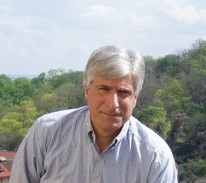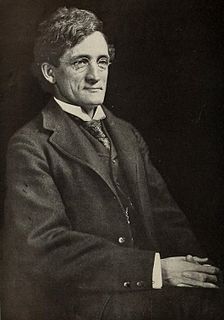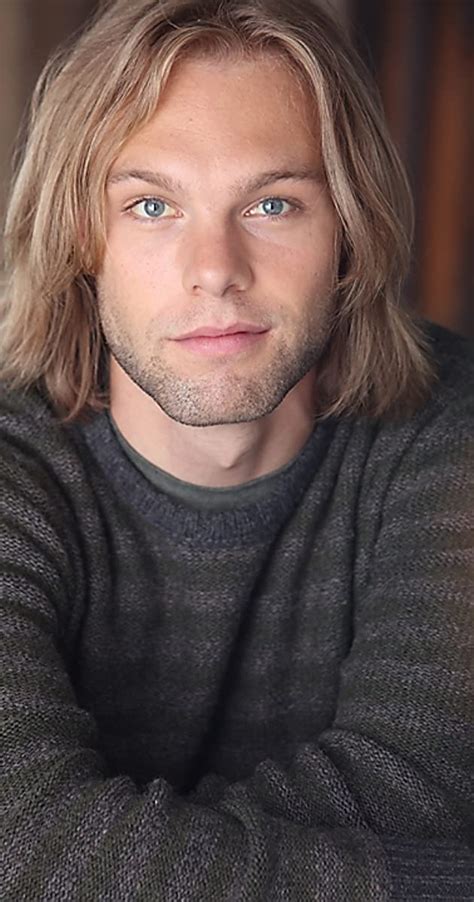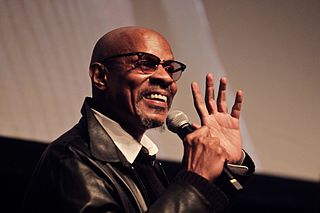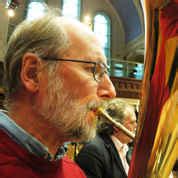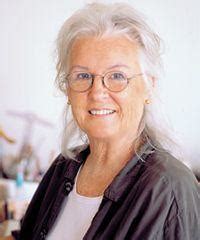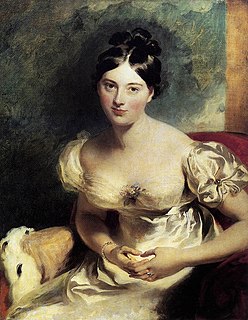Top 1200 Knowledge Of The World Quotes & Sayings
Explore popular Knowledge Of The World quotes.
Last updated on April 14, 2025.
The Buddhas, the World-Honored Ones, for one great cause alone appear in the world. The Buddhas, the World-Honored Ones, appear in the world because they wish to cause the beings to hear of the Buddha's knowledge and insight and thus enable them to gain purity. They appear in the world because they wish to demonstrate the Buddha's knowledge and insight to the beings. They appear in the world because they wish to cause the beings to understand. They appear in the world because they wish to cause the beings to enter into the path of the Buddha's knowledge and insight.
Knowledge is inherent in man; no knowledge comes from outside; it is all inside. We say Newton discovered gravitation. Was it sitting anywhere waiting for him? It was in his own mind; the time came and he found it out. All knowledge that the world has ever received comes from the mind; the infinite library of the universe is in our own mind. The external world is simply the suggestion, the occasion, which sets you to study your own mind.
When speaking of a "body of knowledge" or of "the results of research," e.g., we tacitly assign the same cognitive status to inherited knowledge and to independently acquired knowledge. To counteract this tendency a special effort is required to transform inherited knowledge into genuine knowledge by revitalizing its original discovery, and to discriminate between the genuine and the spurious elements of what claims to be inherited knowledge.
For myself, I am interested in science and in philosophy only because I want to learn something about the riddle of the world in which we live, and the riddle of man's knowledge of that world. And I believe that only a revival of interest in these riddles can save the sciences and philosophy from an obscurantist faith in the expert's special skill and in his personal knowledge and authority.
It is easy to see, though it scarcely needs to be pointed out, since it is involved in the fact that Reason is set aside, that faith is not a form of knowledge; for all knowledge is either a knowledge of the eternal, excluding the temporal and historical as indifferent, or it is pure historical knowledge. No knowledge can have for its object the absurdity that the eternal is the historical.
I am convinced that it is impossible to expound the methods of induction in a sound manner, without resting them upon the theory of probability. Perfect knowledge alone can give certainty, and in nature perfect knowledge would be infinite knowledge, which is clearly beyond our capacities. We have, therefore, to content ourselves with partial knowledge - knowledge mingled with ignorance, producing doubt.
We have heard of a Society for the Diffusion of Useful Knowledge. It is said that knowledge is power, and the like. Methinks there is equal need of a Society for the Diffusion of Useful Ignorance, what we will call Beautiful Knowledge, a knowledge useful in a higher sense: for what is most of our boasted so-called knowledge but a conceit that we know something, which robs us of the advantage of our actual ignorance? What we call knowledge is often our positive ignorance; ignorance our negative knowledge.
Knowledge is a burden if it robs you of innocence. Knowledge is a burden if it is not integrated into life. Knowledge is a burden if it doesn't bring joy. Knowledge is a burden if it gives you an idea that you are wise. Knowledge is a burden if it doesn't set you free. Knowledge is a burden if it makes you feel you are special.
When I wrote 'The Alexandria Link,' I discovered that we are only aware of about 10 percent of the knowledge of the ancient world. In the ancient world, most of the knowledge was destroyed. Every emperor of China who came in wiped out everything that came before them, to the point that the country completely forgot its past.
[M]any people would accept that we do not really have knowledge of the world; we have knowledge only of our representations of the world. Yet we seem condemned by our consitution to treat these representations as if they were the world, for our everyday experience feels as if it were of a given and immediate world.
To oppose knowledge is ignorant, and he who detests knowledge and science is not a man, but rather an animal without intelligence. For knowledge is light, life, felicity, perfection, beauty and the means of approaching the Threshold of Unity. It is the honor and glory of the world of humanity, and the greatest bounty of God. Knowledge is identical with guidance, and ignorance is real error
Photography - the supreme form of travel, of tourism - is the principal modern means for enlarging the world. As a branch of art, photography's enterprise of world enlargement tends to specialize in the subjects felt to be challenging, transgressive. A photograph may be telling us: this too exists. And that. And that. (And it is all 'human.') But what are we to do with this knowledge - if indeed it is knowledge, about, say, the self, about abnormality, about ostracized or clandestine worlds?
An immense and ever-increasing wealth of knowledge is scattered about the world today; knowledge that would probably suffice to solve all the mighty difficulties of our age, but it is dispersed and unorganized. We need a sort of mental clearing house for the mind: a depot where knowledge and ideas are received, sorted, summarized, digested, clarified and compared.
There is knowledge of God and the spiritual nature of man, as well as other types of reality..., that are not reducible to the world dealt with by the so-called "natural" sciences. The idea that knowledge - and, of course, reality - is limited to that world is the single most destructive idea on the stage of life today.
That world beyond is a world of sanctity and radiance; therefore, it is necessary that in this world he should acquire these divine attributes. In that world there is need of spirituality, faith, assurance, the knowledge and love of God. These he must attain in this world so that after his ascension from the earthly to the heavenly Kingdom he shall find all that is needful in that eternal life ready for him.
Our deepest calling is not to grow in our knowledge of God. It is to make disciples. Our knowledge will grow -- the Holy Spirit, Jesus promised, will guide us into all truth. But that's not our calling, it is His. Our calling is to prepare the world for Christ's return. The world is not ready yet. And so, we go about introducing a dying world to the Savior of Life. Anything we do toward our own growth must be toward that end.
Opportunism towards knowledge is a utilitarian demand that knowledge must be immediately practical. Just like with sociology where we hope its purpose is to serve society, however, the true purpose of sociology lies in its impracticality. It cannot become practical or else it loses its meaning. Perhaps we should learn a different kind of knowledge: the knowledge to question knowledge.
Surely knowledge of the natural world, knowledge of the human condition, knowledge of the nature and dynamics of society, knowledge of the past so that one may use it in experiencing the present and aspiring to the future--all of these, it would seem reasonable to suppose, are essential to an educated man. To these must be added another--knowledge of the products of our artistic heritage that mark the history of our esthetic wonder and delight.
And if there be any addition to knowledge, it is rather a new knowledge than a greater knowledge; rather a singularity in a desire of proposing something that was not knownat all beforethananimproving, anadvancing, a multiplying of former inceptions; and by that means, no knowledge comes to be perfect.
At the heart of capitalism is the unification of knowledge and power. As Friedrich Hayek, the leader of the Austrian school of economics, put it, "To assume all the knowledge to be given to a single mind... is to disregard everything that is important and significant in the real world." Because knowledge is dispersed, power must be as well.
One of the reasons people might be fallible, why we might fail to do what we try to do isignorance, that we have a limited understanding of the laws of the world - the physical laws that govern the world and of all the particulars of the world upon which those laws work. And then there's ineptitude, meaning that the knowledge is available, but individuals fail to apply it correctly. The third source is "necessary fallibility." That is, we're never going to be omniscient, there is some knowledge that we will simply never achieve, and there are limits to what we will be able to do.
What transforms this world is - knowledge. Do you see what I mean? Nothing else can change anything in this world. Knowledge alone is capable of transforming the world, while at the same time leaving it exactly as it is. When you look at the world with knowledge, you realize that things are unchangeable and at the same time are constantly being transformed.
One of the greatest gifts science has brought to the world is continuing elimination of the supernatural, and it was a lesson that my father passed on to me, that knowledge liberates mankind from superstition. We can live our lives without the constant fear that we have offended this or that deity who must be placated by incantation or sacrifice, or that we are at the mercy of devils or the Fates. With increasing knowledge, the intellectual darkness that surrounds us is illuminated and we learn more of the beauty and wonder of the natural world.




















